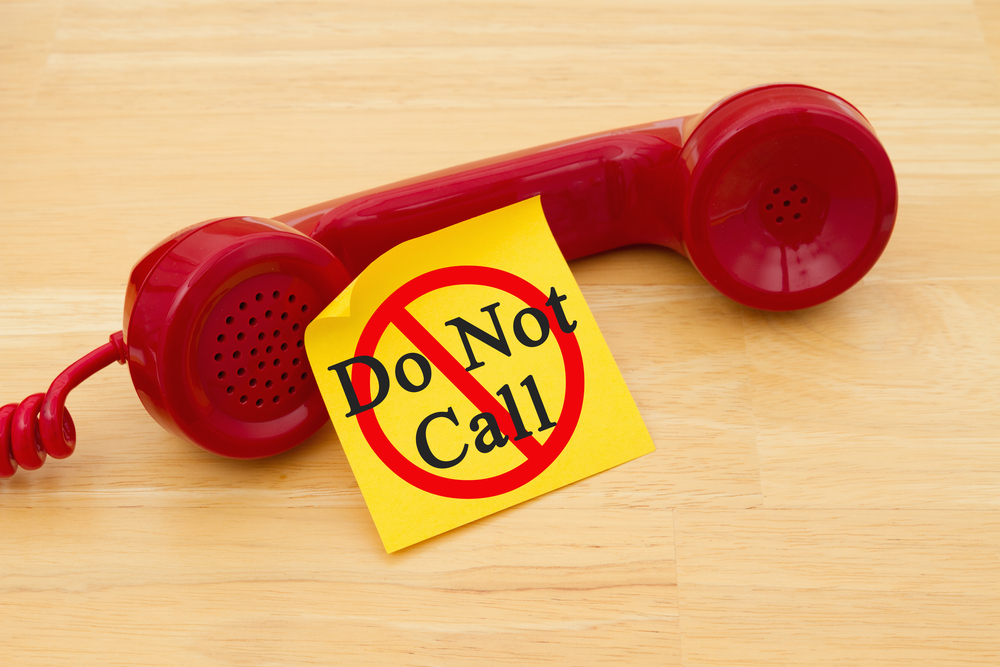The Federal Communications Commission (FCC) is looking to create a database of reassigned numbers that businesses and robocallers can use to avoid calling numbers no longer used by consumers that gave their consent to receive these calls.

This would reduce unwanted robocalls that consumers receive and provide clarity for responsible callers, the FCC said.
In a comment letter to the FCC, the National Association of Federally-Insured Credit Unions (NAFCU) said it supports a database of reassigned numbers, but it should be regularly updated by voice service providers.
“The onus of reporting reassigned numbers should lie with voice providers because they are the ultimate keepers of this valuable information,” NAFCU Regulatory Affairs Counsel Ann Kossachev
wrote. She added that the FCC should have oversight over this database and that credit unions should have access to it at little to no cost.
“Credit unions are member-owned cooperative financial institutions that seek to serve the best interests of their members and make every attempt to contact their members with vital information regarding their accounts and services,” Kossachev wrote. “As not-for-profits, credit unions have limited resources to provide their consistently high-quality products and services and any additional costs would put a huge strain on their ability to continue to do so.”
The Credit Union National Association (CUNA) also backs the idea.
“CUNA believes that a national database under the auspices of the commission and operated by a commission-designated and supervised entity would best guarantee accurate and timely information on reassigned numbers,” officials wrote in a letter to the FCC. “CUNA concurs with the commission’s assessment that such an approach would allow the agency to oversee quality, appropriately limit access and preserve and protect the data.”
However, CUNA recommends that the database be affordable for smaller entities, such as credit unions, by using a fee structure for access that considers the needs of organizations conducting business on a regional, state or local level. The FCC should also provide free access to any reassigned numbers database to the same extent that free access is provided to the national “Do Not Call” registry.
In addition, CUNA recommends the FCC creates a workable safe harbor from liability for callers that use the re-assigned database number, noting that this would be particularly appropriate for credit unions.
“Credit union communications with their member-owners are mostly informational in nature, often providing critically important financial information, and can include information related to the governance of the credit union,” CUNA officials wrote. “Credit unions do not target non-members or third parties with such communications. Credit unions should not have to fear potential liability if they have demonstrably used the reassigned number database yet mistakenly call a reassigned number.”